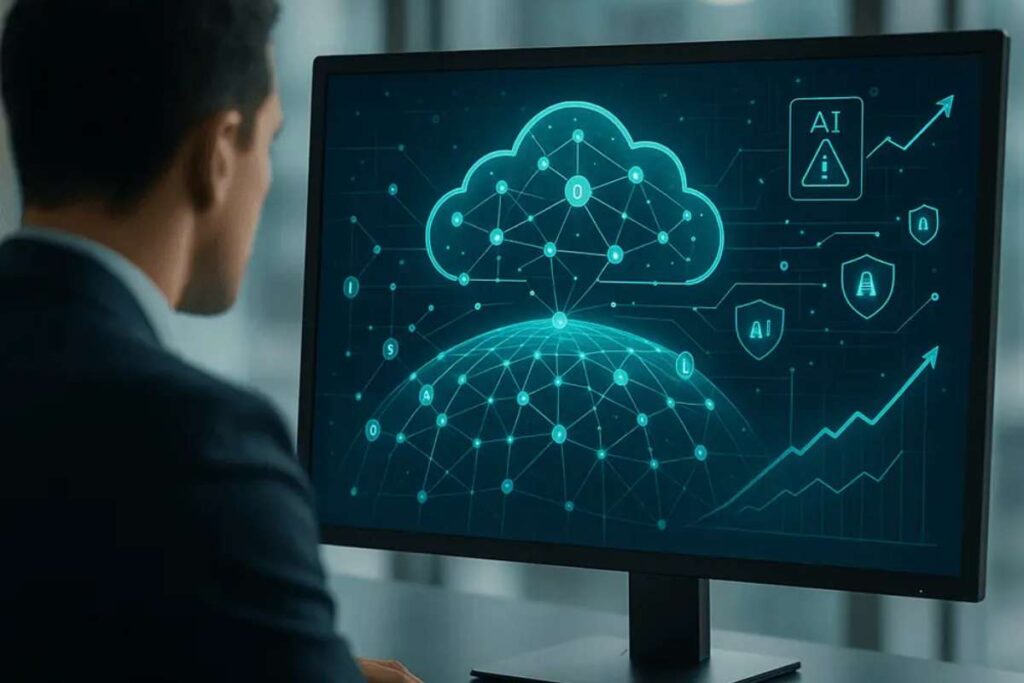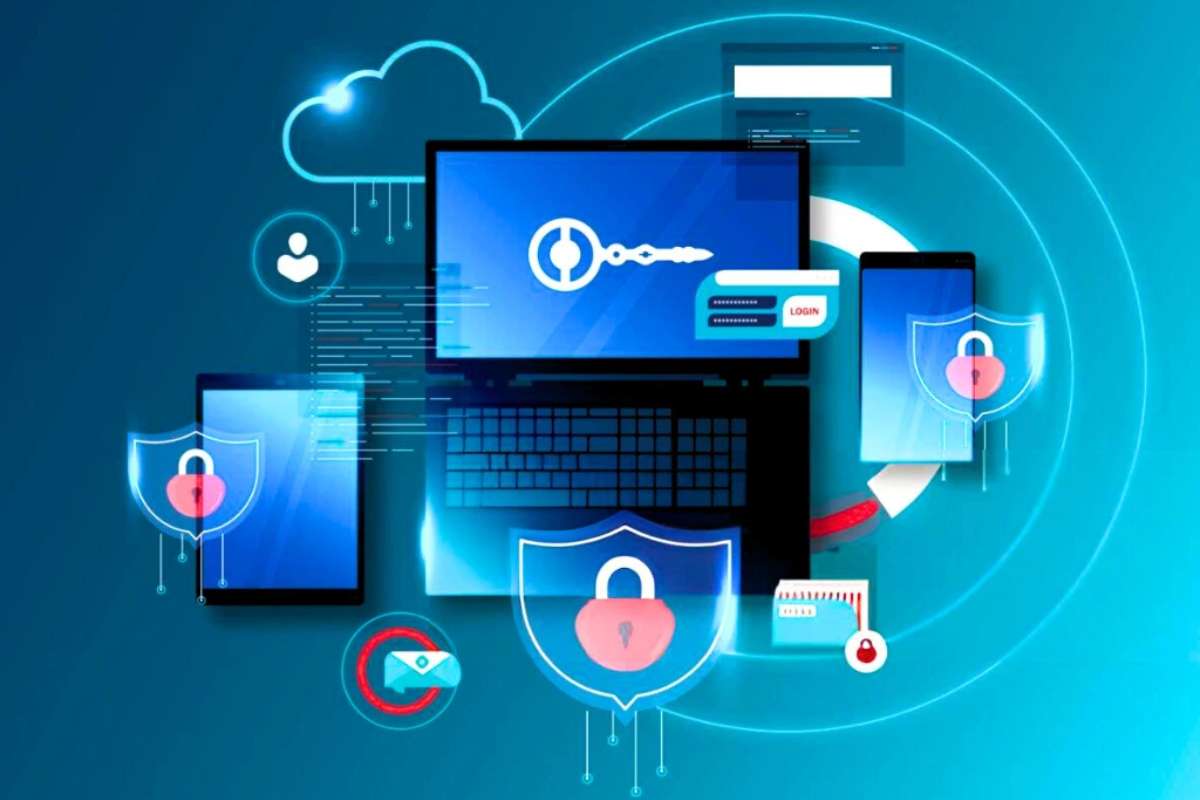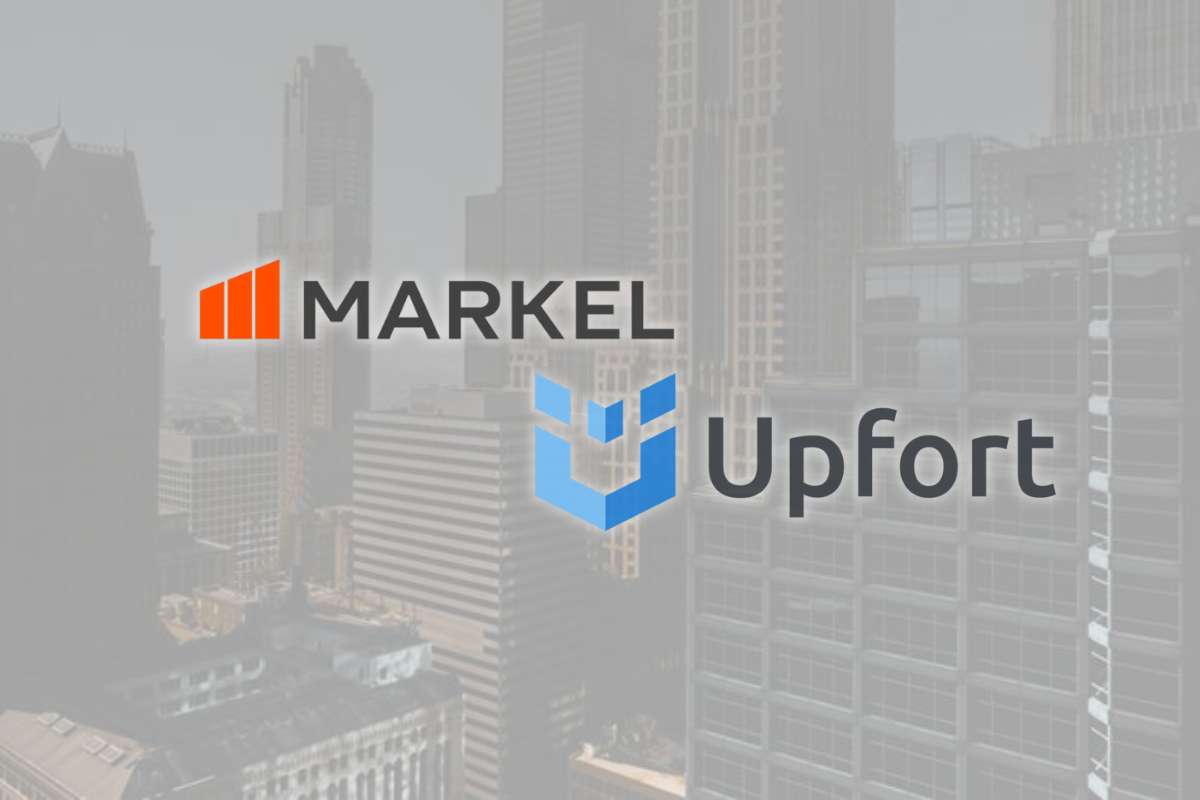A new study reveals that cybersecurity leaders are experiencing unprecedented levels of stress, with many considering leaving their roles. The increasing complexity of cyberthreats, coupled with long hours and insufficient resources, is driving burnout across the industry. This growing crisis is not only impacting individuals but also posing significant risks to organizations’ security postures.
Escalating Pressure on Cybersecurity Professionals
The role of Chief Information Security Officers (CISOs) and other cybersecurity leaders has expanded beyond traditional IT management. In today’s digital landscape, they are responsible for defending large networks and sensitive data from increasingly sophisticated threats such as ransomware and insider breaches. According to research conducted by BlackFog, 93% of cybersecurity leaders are feeling overwhelmed by stress, and nearly a quarter are contemplating leaving their jobs.
These professionals are working longer hours to address a rising wave of cyberattacks. BlackFog’s study revealed that 98% of cybersecurity leaders are working beyond their contracted hours, with the average CISO putting in an additional nine hours each week. Some are working more than 16 extra hours. As cyberthreats become more complex, so do the demands on cybersecurity teams, which have left many professionals struggling to manage the increased pressure.
Sophisticated Cyberthreats Fueling the Crisis
The complexity of modern cyberthreats is a significant contributor to the burnout crisis. Attackers are now using advanced technologies, including AI-powered tools, to evade traditional defenses. BlackFog’s report shows that 42% of cybersecurity leaders are most concerned about AI-enabled attacks. These sophisticated assaults, combined with traditional threats like ransomware, are creating a constant cycle of reactive security measures for CISOs. Ransomware remains a significant worry, with 37% of cybersecurity leaders citing it as a top source of stress.
In response to these advanced threats, CISOs are often forced into a reactive approach, constantly firefighting security incidents rather than focusing on long-term, proactive strategies. This ongoing battle to stay ahead of attackers only compounds stress levels, leaving little room for strategic thinking and planning.
The Human Impact and Organizational Responsibility
The unrelenting pressure on cybersecurity professionals is having a profound impact on their mental and physical health. BlackFog’s study found that while many cybersecurity leaders prioritize their physical well-being—86% of respondents engage in exercise, and 75% get sufficient sleep—a significant portion are turning to unhealthy coping mechanisms. Nearly 45% reported using drugs or alcohol to relieve stress, and 69% said they were withdrawing from social activities.
Organizations must take action to address this growing burnout crisis. While some companies have introduced measures such as flexible working hours and hybrid work options, these efforts alone may not be enough. Security teams need more resources and budgets to adequately defend against the ever-evolving threat landscape. BlackFog’s study revealed that 41% of cybersecurity leaders lack the necessary budget for essential tools, and 40% need more time to focus on critical issues.
To retain top talent and safeguard their defenses, organizations must invest in the well-being of their cybersecurity teams. This includes offering better resources, promoting mental health support, and encouraging a healthy work-life balance. By addressing the root causes of burnout, businesses can create a more resilient security environment while ensuring the longevity of their teams.
The cybersecurity burnout crisis is not just an industry issue—it threatens the security of organizations globally. Proactive steps are essential to ensure that cybersecurity leaders can continue protecting against emerging threats without sacrificing their health.






